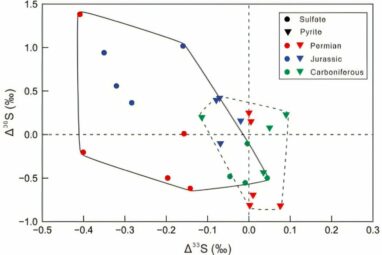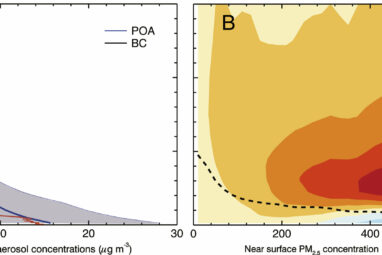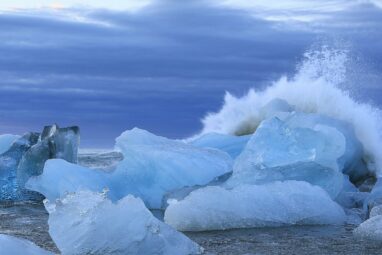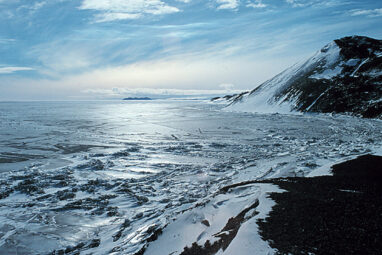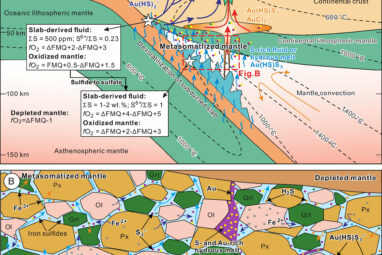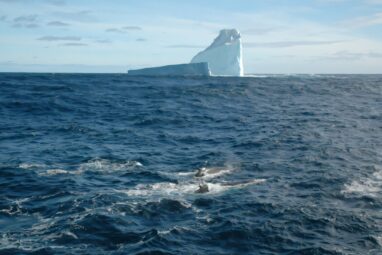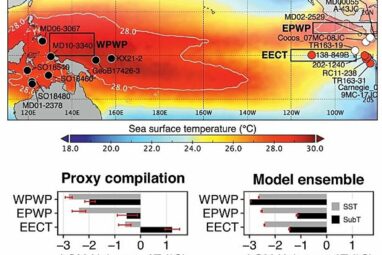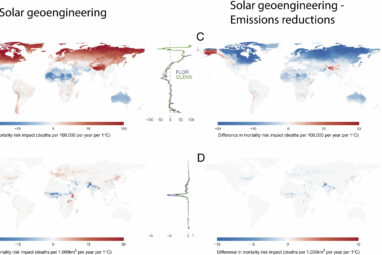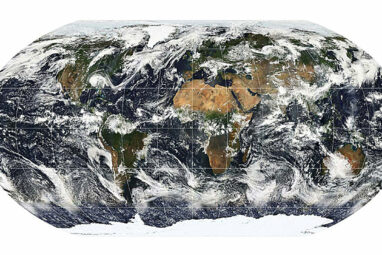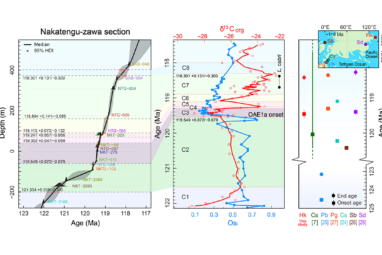Researchers from the Institute of Atmospheric Physics of the Chinese Academy of Sciences and Xiamen University have developed an indirect...
A research team led by Prof. Shen Yan’an from the University of Science and Technology of China (USTC) has made...
Aerosol light absorption plays a crucial role in regulating the heat balance between the atmosphere and Earth’s surface. This happens...
Antarctica is losing ice quickly, in part because of climate change. Massive calving events, such as the one that formed...
Sea ice that has persisted for at least 15 days and is held fast to the shoreline is called “fast...
A research team including a University of Michigan scientist has discovered a new gold-sulfur complex that helps researchers understand how...
Climate change impacts not only life on land but also the largely unexplored deep-sea ecosystem, home to unique and largely...
A research team led by National Taiwan University used geochemical indicators from deep-sea sediments to reconstruct the upper ocean zonal...
Six months after the Marshall Fire destroyed more than 1,000 houses in Boulder County, Colorado, more than half of residents...
When it comes to finding solutions to climate change, there’s no shortage of technologies vying for attention, from renewable energy...
The way climate change affects thermodynamic signals, such as atmospheric temperatures, is relatively well understood. Its effects on atmospheric circulation,...
By studying prehistoric rocks and fossils emerging from the side of Mount Ashibetsu in Japan, researchers have precisely refined the...

